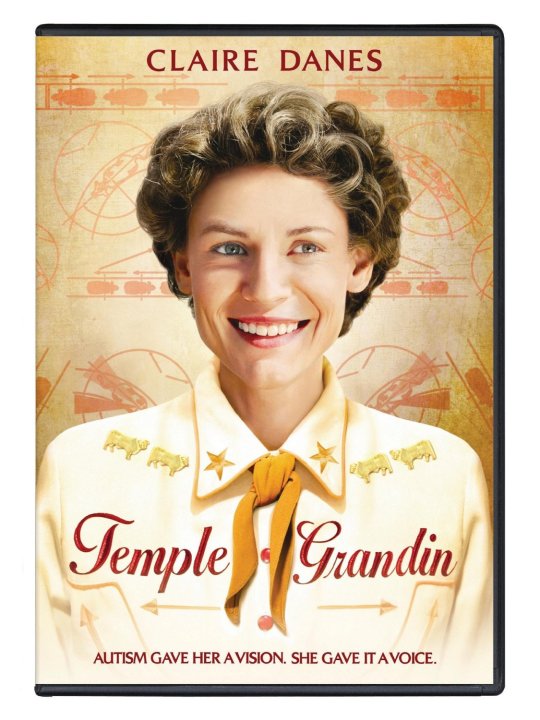#videosgen
Explore tagged Tumblr posts
Photo

Some kind soul left this DVD on my desk last week.
Grandin, who has autism, “is Professor of Animal Science at Colorado State University, and is one of the world’s leaders in the design of livestock handling facilities. She has designed livestock facilities throughout the United States and in Canada, Europe, Mexico, Australia, New Zealand and other countries. In North America, almost half of all cattle processing facilities include a center track restrainer system that she designed for meat plants. Her curved chute (race) systems are used worldwide and her writings on the flight zone and other principles of grazing animal behavior have helped many producers to reduce stress during handling.” - Grandin Livestock Handling Systems
Quotes from the film:
Of course they're gonna get slaughtered. You think we'd have cattle if people didn't eat 'em everyday? They'd just be funny-lookin' animals in zoos. But we raise them for us. That means we owe them some respect. Nature is cruel, but we don't have to be. I would'nt want to have my guts ripped out by a lion, I'd much rather die in a slaughterhouse if it was done right.
They'll be very calm. Nature is cruel but we don't have to be; we owe them some respect. I touched the first cow that was being stunned. In a few seconds it was going to be just another piece of beef, but in that moment it was still an individual. It was calm... and then it was gone. I became aware of how precious life was. I thought about death and I felt close to God. I don't want my thoughts to die with me. I want to have done something.
‘Nature is cruel, but we don’t have to be’
After watching the movie I also enjoyed listening to her Ted Talk about autism and different kinds of thinkers - visual, pattern, and verbal [click here].
You know, the slaughter plants, I've worked with them in the '80s; they were absolutely awful. I developed a really simple scoring system for slaughter plants where you just measure outcomes: How many cattle fell down? How many cattle got poked with the prodder? How many cattle are mooing their heads off? And it's very, very simple. You directly observe a few simple things. It's worked really well. I get satisfaction out of seeing stuff that makes real change in the real world. We need a lot more of that, and a lot less abstract stuff.
3 notes
·
View notes
Video
youtube
Found here
38 minutes in, she uses a phrase that really interests me ‘the romanticisation of agriculture’
0 notes
Video
vimeo
Why is there this distinction between animals we see as 'food' and those we see as 'pets'? This is a question that baffles me all the time. Needless to say, I'm a vegetarian, and I'd no sooner eat bacon than the flesh of my own pet dog, so I really enjoyed this short film, played in the line-up of the most recent Show me the Shorts film series. There were lots of ‘gasp’ moments, everyone in the theatre was horrified at the prospect of being fed their own pet.
Narrative film is a great way to portray these ideas. Creating empathy with a character’s situation gets the viewer more engaged than if these questions were presented without a story. I think it comes down to ‘showing, not telling.’ The audience isn’t told ‘it’s weird that we have these double standards towards animals, and that’s not OK’ but it’s definitely inferred, and different angles and arguments are explored by different characters.
I always find it funny at the end of film credits when it is stated ‘no animals were harmed in the making of this film.’ Really? Was the catering 100% vegan and ethically sourced? Was there no fur nor leather in the costumes or furniture? Was absolutely none of the make up from one of the many brands that test on animals? Doubt it.
0 notes